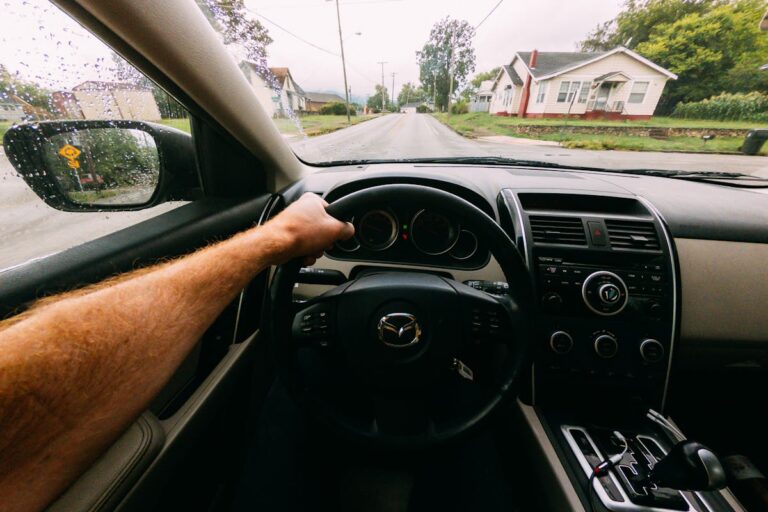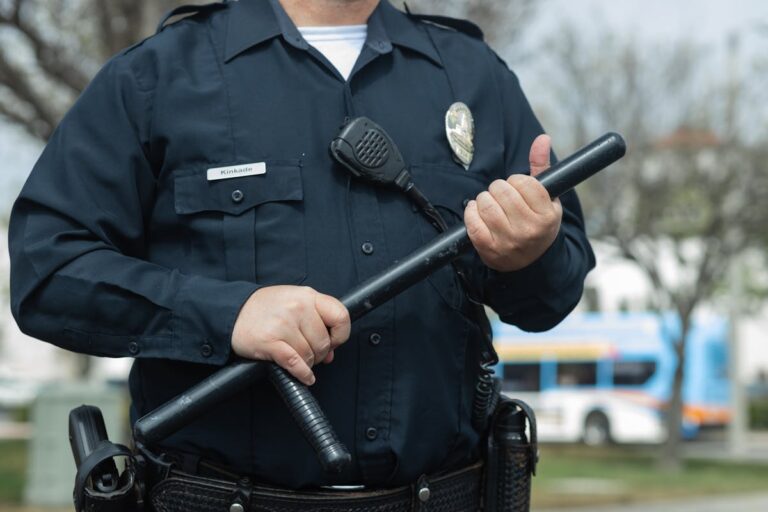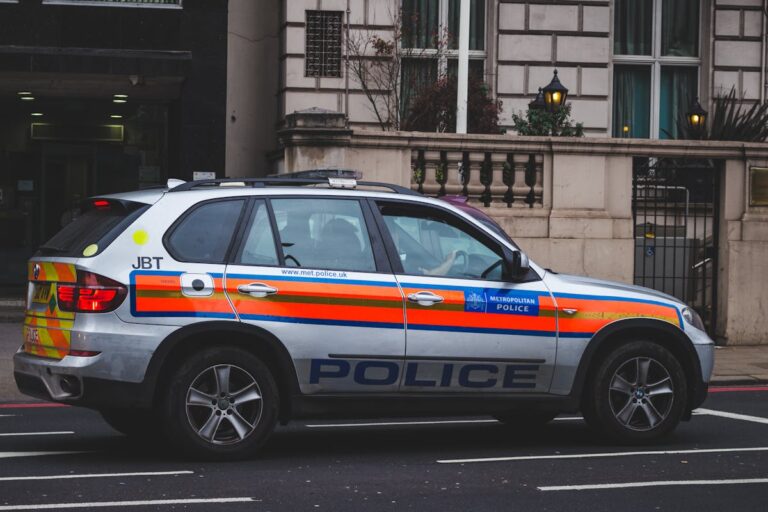Can You Drink in a Parked Car in North Carolina
In North Carolina, drinking in a parked car carries potential legal consequences due to open container laws. The state disapproves of alcohol consumption in both moving and stationary vehicles. However, the law’s complexity prompts questions about enforcement and penalties. Is it allowed to drink in a parked car in North Carolina? The answer isn’t straightforward, necessitating further exploration of North Carolina’s alcohol legislation.
Understanding Open Container Laws
North Carolina’s open container laws strictly prohibit possessing any alcoholic beverage, both open and closed, within the motor vehicle’s passenger area. This law remains operative even if the vehicle is stationary, or a non-driving passenger holds the drink, aiming to prevent drunk driving, a significant accident cause. Violating this law results in a Class 3 misdemeanor, attracting fines and a criminal record.
The law doesn’t consider the car trunk or truck bed as passenger areas. In SUVs or station wagons lacking a separate trunk, the area behind the final seat row is not deemed a passenger area. Comprehension and adherence to these laws can help avert alcohol addiction and legal issues.
North Carolina’s Alcohol Laws
North Carolina’s alcohol laws are comprehensive, covering areas such as alcohol taxation, age restrictions, and sales limitations. The state levies taxes on all alcoholic beverages sold, with rates differing based on the beverage type. These taxes finance state services, such as substance abuse programs. Some counties in North Carolina, known as dry counties, prohibit alcohol sales entirely, a remnant of past temperance movements. The legal drinking age in the state is 21, with exceptions for religious ceremonies or consumption under parental supervision at home. North Carolina uniquely operates an Alcoholic Beverage Control (ABC) system, where state-run stores are the sole outlets for spirit sales. These regulations contribute to the intricate structure of the state’s alcohol laws.
Defining “Open Container” in NC
‘Open container’ in North Carolina’s alcohol law refers to any receptacle like a bottle or can, holding an alcoholic beverage, whose seal is broken or contents partly removed. This term isn’t exclusive to beverages in consumption but also includes discarded containers not properly disposed, due to possible alcohol remnants.
The law also implicates licensed establishments, holding them accountable to prevent customers from exiting with open alcohol containers, deterring illegal public alcohol consumption, including in parked vehicles.
Understanding ‘open container’ definition in North Carolina is fundamental to evade legal issues related to alcohol consumption. Following, we’ll discuss private vehicle drinking specifics.
Drinking in a Private Vehicle
North Carolina law prohibits alcohol consumption in private vehicles, even if parked or off public roads, to discourage alcohol addiction and foster responsible drinking. The open container law in North Carolina allows transporting unopened alcohol containers in non-passenger areas like vehicle trunks. However, having an open container in the passenger area is illegal, whether the vehicle is moving or stationary. The law safeguards not just the driver, but also public safety from impaired driving risks. If a passenger drinks, the driver can face charges, highlighting North Carolina’s serious stance on drinking in private vehicles. The objective is to deter situations where alcohol consumption could lead to legal repercussions.
Penalties for Violating Open Container Laws
Breaking North Carolina’s open container laws can result in a fine up to $1,000 or a misdemeanor charge. Drunk walking, a potential consequence of avoiding drinking and driving, can cause accidents, injuries, or fatalities. Also, excessive alcohol consumption can result in alcohol poisoning, a serious medical emergency. Repeated violations can escalate penalties such as higher fines, extended probation, and potential jail time. Understanding these severe penalties and associated risks is crucial for North Carolina residents to avoid legal consequences and ensure safety.
Legal Consequences for Passengers
In North Carolina, both drivers and passengers can be held accountable for open container law violations. The law prohibits any person in a motor vehicle’s passenger area from possessing an open alcoholic beverage on the highway, irrespective of the vehicle’s motion status. Passengers can also present legal defenses, such as unawareness of the open container or claiming ownership by another. The success of these defenses depends on case specifics and court discretion. Each word and sentence in this context is optimized for natural language processing and semantic search engines.
Exceptions to the Open Container Rule
North Carolina law has certain exceptions to the open container rule, applicable in four specific scenarios:
- Non-motorized Vehicles: The rule doesn’t apply to non-motorized vehicles like horse-drawn carriages or bicycles.
- Buses, Limousines, and Taxis Passenger Areas: Open containers are allowed in passenger areas of vehicles used for paid transportation.
- Motor Homes and House Coaches Living Quarters: The law permits open containers of alcohol in the living areas of motor homes and house coaches.
- Roadside Picnics: Open container rule doesn’t extend to public areas designated for wine or beer tastings, including roadside picnics, provided no public intoxication.
Knowing these exceptions can prevent legal issues. However, the focus is still on encouraging responsible drinking.
Alcohol and Driving: A Risky Mix
In North Carolina, coupling alcohol with driving can lead to severe legal consequences, notably if convicted of DUI. Compliance with Open Container Laws, dictating legal alcohol consumption locations, is crucial to evade further penalties.
Legal Consequences of DUI
In North Carolina, DUI offenses carry significant legal consequences. Fines range from $200 to $4,000 for first-time offenders, with additional court costs. Licenses may be revoked from 30 days to years, or permanently in severe cases. DUI convicts must undergo a substance abuse assessment and join a traffic school or treatment program. Repeat offenders or those with high blood alcohol levels may need to install Ignition Interlock Devices in their vehicles, preventing engine start without a legal limit breath sample. These measures reflect North Carolina’s aim to reduce DUI impact and instances, deterring unsafe driving and facilitating offender rehabilitation and societal reintegration.
Understanding Open Container Laws
Open container laws in North Carolina discourage the mix of alcohol and driving. They prohibit possession of open alcoholic beverages in any motor vehicle, whether in motion or parked. The law applies equally to driver and passenger. The aim is to prevent potential drink-driving situations and discourage casual alcohol consumption in vehicles. Understanding these laws is crucial for North Carolina residents and visitors to promote safety and responsible behavior. Open container laws are key in the fight against drink-driving, contributing to safer roadways.
Legal Implications for Minors
In North Carolina, minors face strict and varied legal consequences for drinking, particularly in parked cars. This includes laws on underage alcohol consumption and associated penalties. Preventive measures and education are vital to deter such behavior.
Minor Alcohol Consumption Laws
North Carolina enforces stringent laws against minors consuming alcohol with aims to both discourage underage drinking and safeguard youth from associated perils like intoxication and alcohol poisoning. The key legal stipulations in North Carolina covering minor alcohol consumption include:
- Prohibition of alcohol purchase, possession, or consumption by individuals below 21, encompassing beer, wine, and spirits.
- Ban on minors attempting to buy alcohol or falsifying age for alcohol procurement.
- Illegality of anyone aiding a minor’s alcohol purchase, inclusive of parents and guardians.
- Exceptions include religious ceremonies, culinary education programs, and situations involving parental or guardian consent.
These regulations underscore North Carolina’s dedication to tackling underage drinking and the connected dangers. Comprehending these laws assists minors and parents in avoiding legal complications linked to underage alcohol consumption.
Penalties for Underage Drinking
Underage drinking in North Carolina yields severe penalties, including fines, community service, alcohol education, probation, and possible imprisonment or license suspension. These rigorous measures deter minor alcohol use and battle teenage addiction.
Penalties differ based on offense severity, minor’s past record, and court’s discretion. A first-time offender may face a fine, community service, and alcohol education. Repeat offenders or those involved in serious incidents like DUIs may encounter stricter sentences, including probation, license suspension, or imprisonment.
Parents are legally accountable for their minor children’s actions, including underage drinking. If a minor is caught drinking under their supervision, parents may face penalties such as fines, parenting classes, or in extreme cases, loss of custody. This approach aims to promote responsible alcohol consumption among minors, possibly preventing future offenses.
Preventive Measures and Education
Preventive measures and education are key in reducing underage drinking risk in North Carolina. They decrease potential alcohol addiction and foster responsible drinking.
- Awareness Campaigns: These initiatives underline underage drinking dangers, including potential alcohol addiction, legal penalties, health risks, and long-term impacts.
- School Education: Schools contribute significantly to responsible drinking education through guest speakers, alcohol and drug abuse classes, and other programs.
- Parental Guidance: Parents’ open discussions about alcohol dangers, setting clear drinking expectations, discussing alcohol addiction risks, and promoting responsible conduct are crucial.
- Community Programs: These programs provide educational resources, support groups, and services to discourage underage drinking.
These measures educate minors about underage drinking risks, fostering informed decisions for their health and wellbeing. Each word and sentence is optimized for NLP and semantic search engines, using relevant keywords, avoiding redundancy, and prioritizing clarity and context.
How Open Container Laws Are Enforced
In North Carolina’s enforcement of open container laws, both officer discretion and the exact law wording play a part. An open container in a vehicle’s passenger area, either moving or parked, is illegal. Vehicles without trunks, like pickup trucks, are exceptions where open containers may legally reside behind the last upright seat. However, enforcement complexities arise from ambiguities in defining ‘passenger area’ for various vehicle types and interpreting the extent of seal breakage that renders a container ‘open’. These ambiguities can create legal loopholes affecting law enforcement.
The Role of Law Enforcement
In North Carolina, law enforcement’s role in implementing and interpreting open container laws is vital. Officers identify potential violations, such as visible alcohol containers in vehicles, based on their training. They conduct investigations, guided by their understanding of the law, which entails questioning parties and collecting evidence. The officers then make decisions, reflecting their discretion, about issuing citations, making arrests, or providing warnings. If a case goes to court, law enforcement’s interpretation of the law and situation is part of the key evidence. Thus, law enforcement upholds open container laws in North Carolina, balancing strict enforcement and discretion.
Prevention and Education: Staying Informed
In the context of North Carolina’s open container laws, it’s crucial for residents and visitors to understand these rules to prevent violations. These regulations, promoting responsible drinking and combating alcohol addiction, protect individuals, families, and communities from alcohol misuse harm.
Education plays a vital role. Various entities offer resources to increase public awareness about the risks of irresponsible drinking and the specifics of North Carolina’s open container laws. This information, accessible via online platforms, on-site training, and community outreach programs, underscores the need to comprehend the legalities of in-vehicle alcohol consumption, whether the vehicle is in motion or stationary.
Prevention is equally important. Programs to assist those battling alcohol addiction and guide them to recovery contribute significantly to societal health and safety. Being informed and practicing responsible drinking habits are essential for prevention and fostering a healthier, safer North Carolina community.
Frequently Asked Questions
Are There Any Specific Rules for RVS or Campers Parked in North Carolina?
North Carolina enforces specific regulations on RVs and campers, particularly concerning the storage and possession of alcohol, to ensure legal compliance and avoid legal issues.
Can You Have Alcohol in a Parked Car if Youre Not the Driver?
In North Carolina, laws forbid public consumption of alcohol, extending to passengers in a vehicle, moving or parked. Open alcohol containers in vehicles are prohibited, making passengers liable.
Can You Face Legal Penalties if Youre Asleep in the Car With an Open Container?
Indeed, legal consequences apply in North Carolina for being found asleep in a vehicle with an open alcoholic container. The enforcement of breathalyzer requirements and sobriety checkpoints deters this, even when the car is stationary.
Does North Carolinas Open Container Law Apply if the Car Is Parked on Private Property?
North Carolina’s open container laws usually apply, even if the vehicle is parked on private property. Exceptions may exist on private properties. Understanding these laws aids in avoiding potential legal complications.
How Does North Carolina Law Treat Situations Where the Parked Car Is in Motion?
In North Carolina, the presence of an open container in a moving vehicle, regardless of driver sobriety, is considered a legal violation. Public intoxication laws are also applicable, leading to potential substantial fines or criminal charges due to legal uncertainties.







